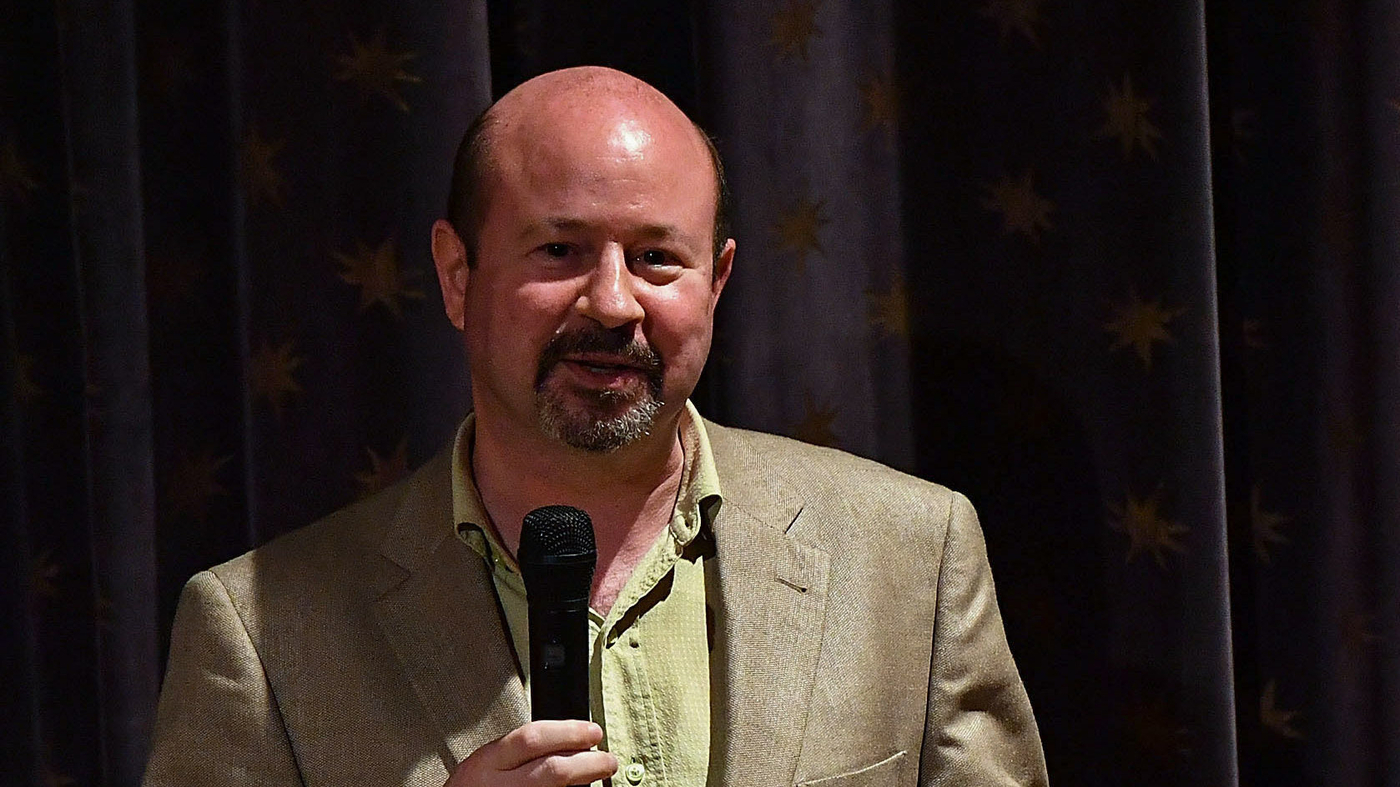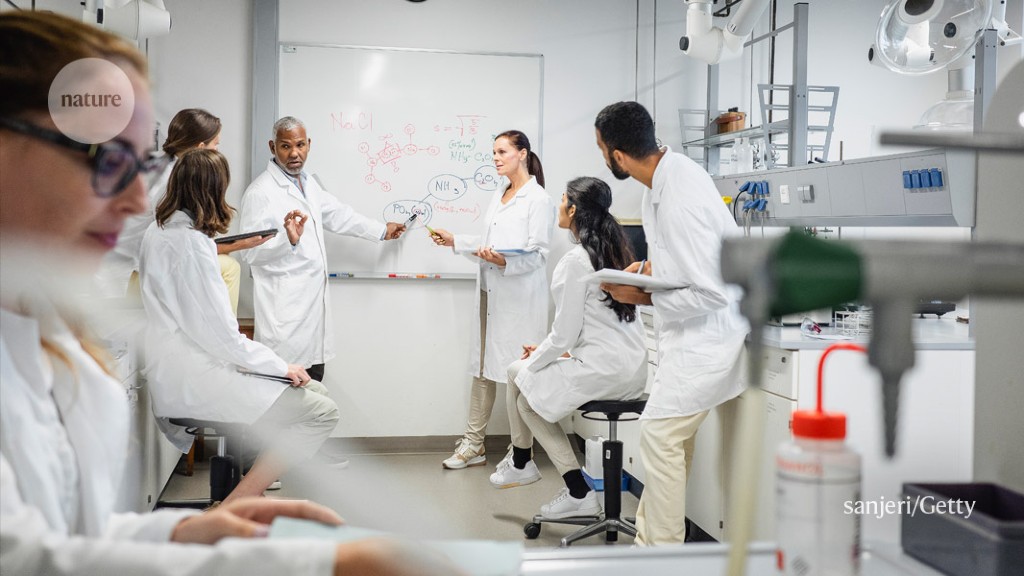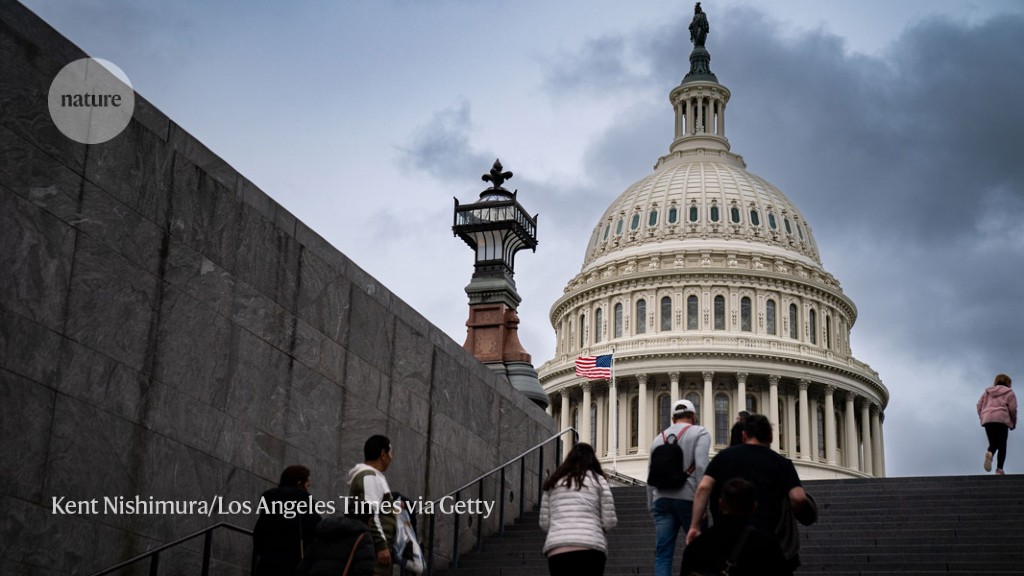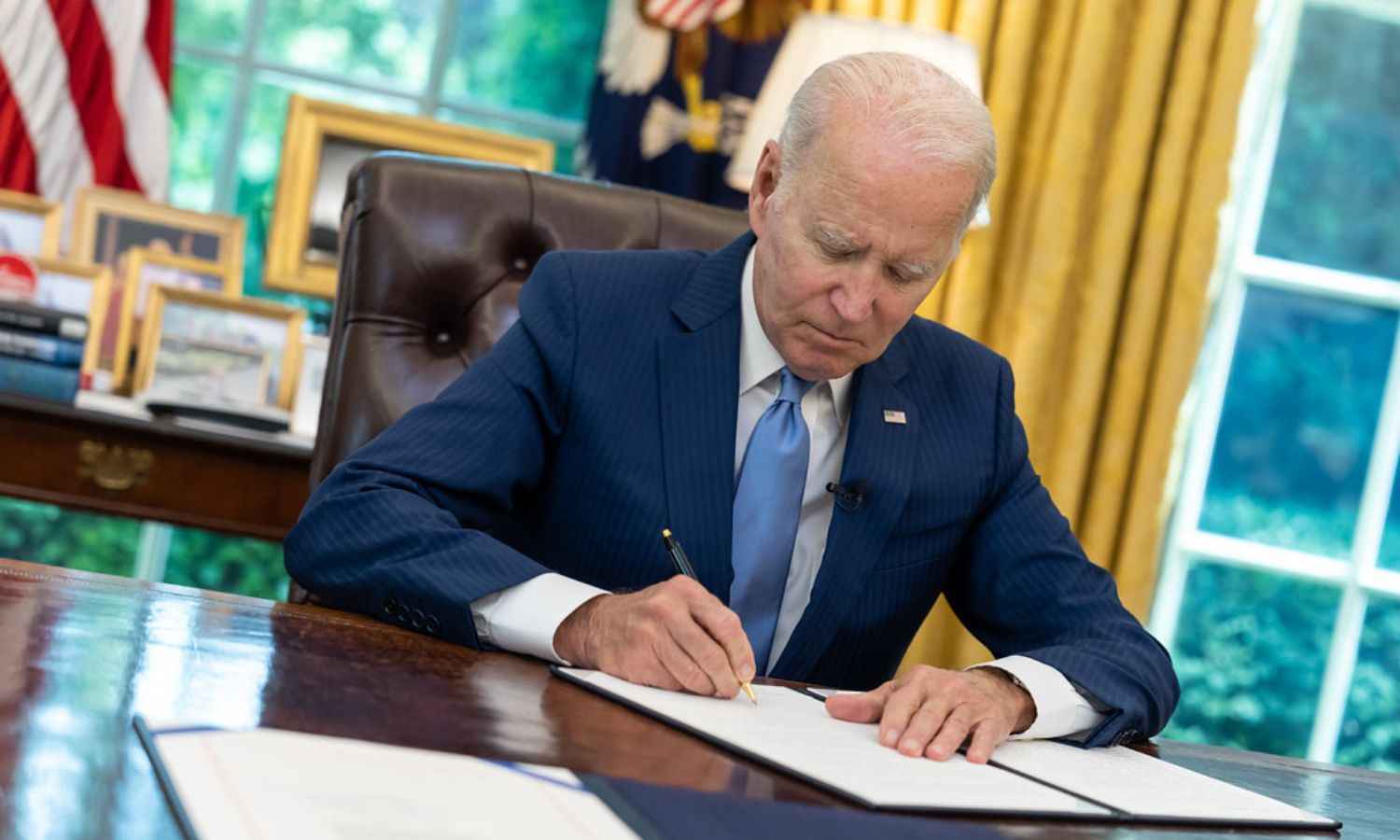Send us a link
The Unseen Cost: How U.S. Scrutiny of Chinese Researchers Threatens Scientific Collaboration
The Unseen Cost: How U.S. Scrutiny of Chinese Researchers Threatens Scientific Collaboration
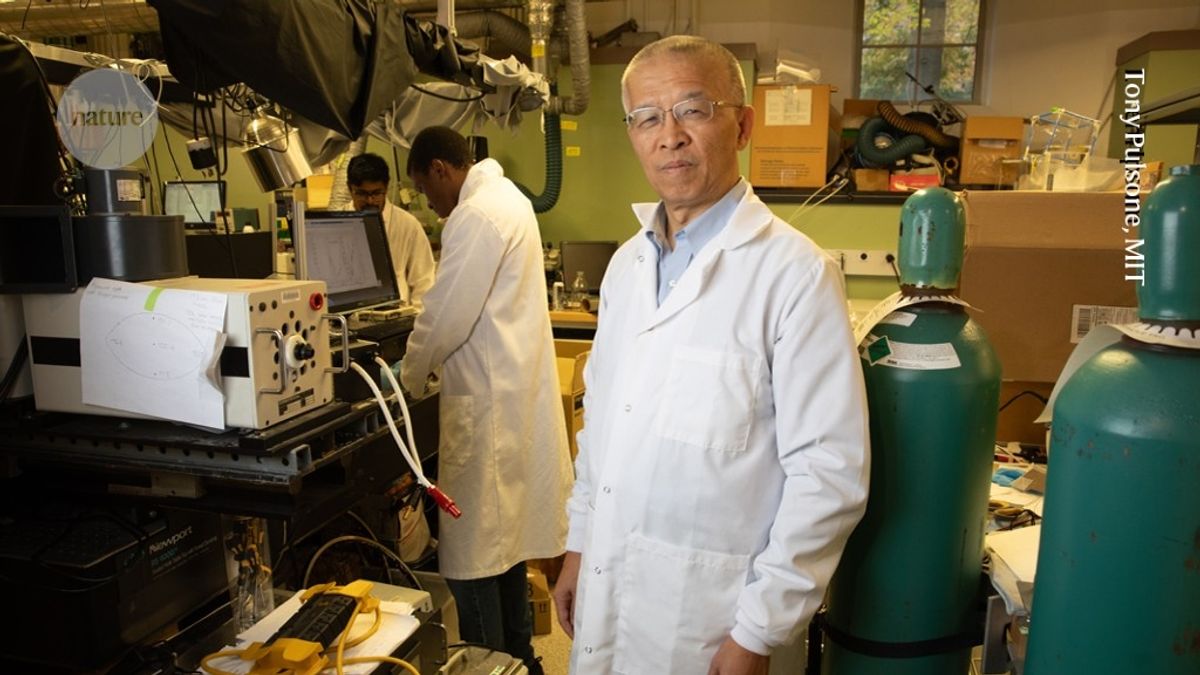
Why It Would Be a Dangerous Folly to End US-China Science Pact
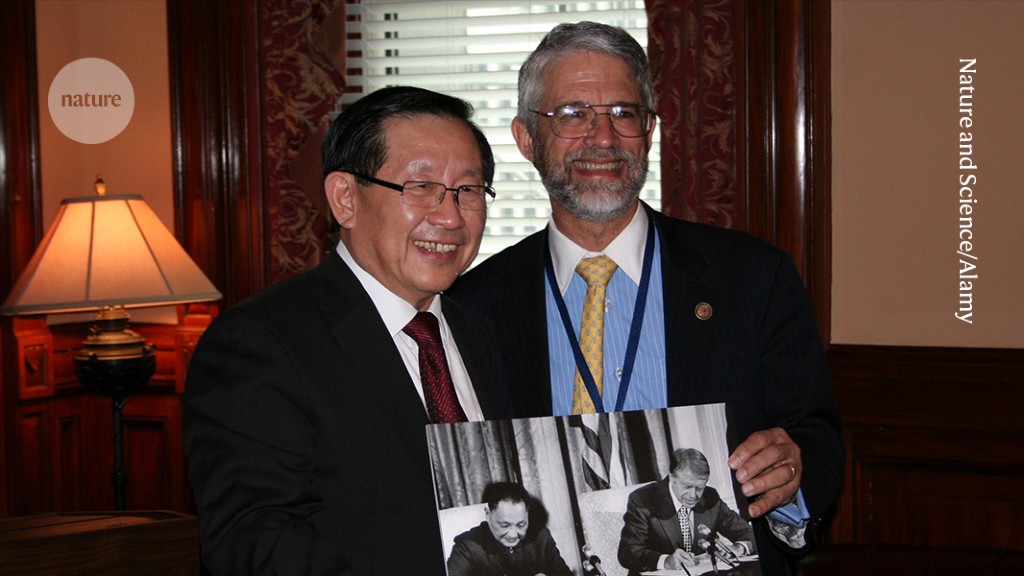
US and China Likely to Delay Renewal of Key Science Pact Again
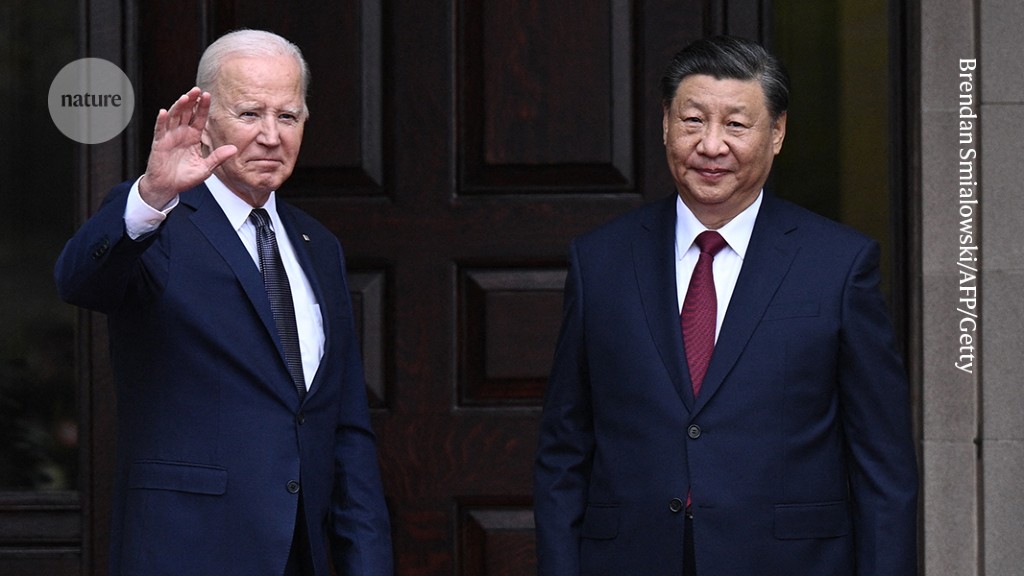
Federal agency’s plan to disclose university misconduct findings splits academics
Federal agency’s plan to disclose university misconduct findings splits academics
Institution leaders fear breach of privacy whereas transparency advocates call it an important step
Global Science is Splintering into Two - and This is Becoming a Problem
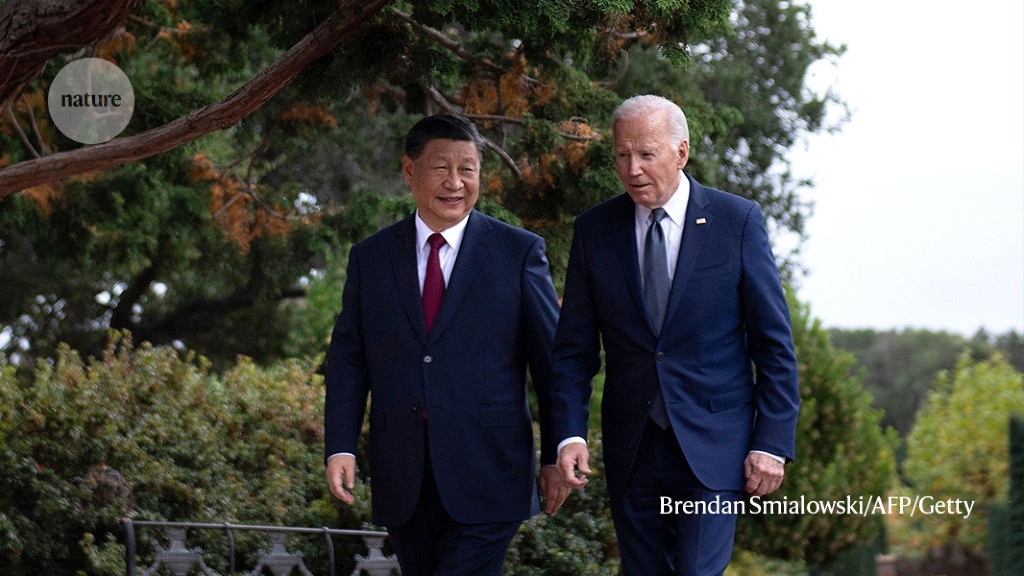
Xi-Biden Summit Resumes Research and Technology Collaboration on Climate
NIH Scientific Integrity Plan is Fundamentally Flawed, Says Public Employee Group
A scientific integrity plan recently proposed by the US National Institutes of Health (NIH) is “fundamentally flawed,” according to the Public Employees for Environmental Responsibility (PEER). In comments filed on Nov. 6 and subsequently summarized in a statement, the advocacy group says that the draft policy “lacks meaningful protections for scientists and research.”
United States and India Are Becoming Science Partners of Choice
United States and India Are Becoming Science Partners of Choice
... but collaborations are still hampered by bureaucracy and underfunding.
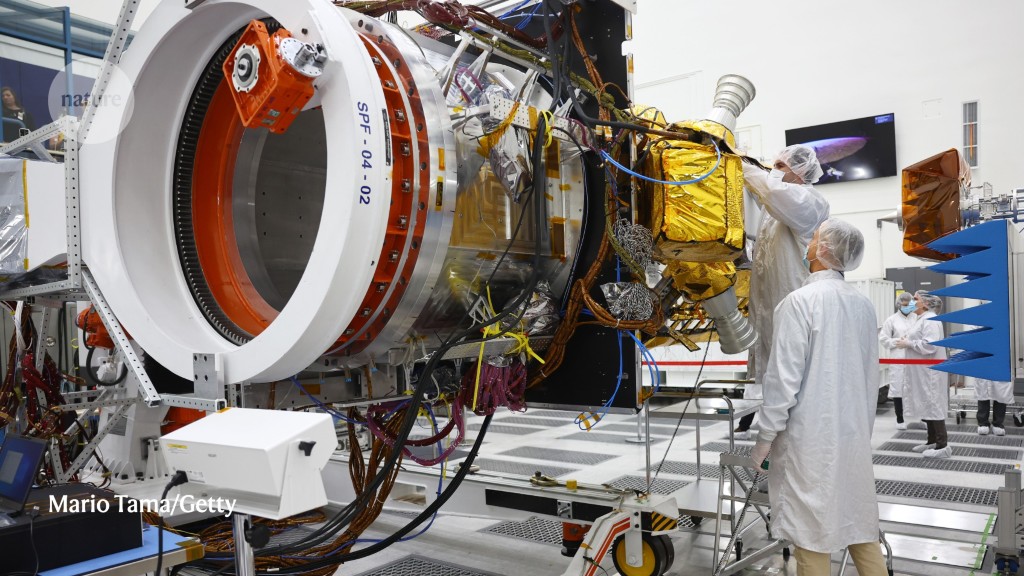
Podcast - Sustaining Science for the Future of Ukraine
Vaughan Turekian, the director of the Policy and Global Affairs Division of the National Academies of Sciences, Engineering, and Medicine in the US, discusses efforts to support Ukrainian scientists and why such efforts are important for the future of Ukraine.

Universities Axe Diversity Statements in Wake of US Supreme Court Ruling on Affirmative Action
European Universities Brace for Mountain of Bureaucracy After US National Institutes of Health Changes the Rules
European Universities Brace for Mountain of Bureaucracy After US National Institutes of Health Changes the Rules
NIH Upholds Controversial Plan to Step Up Oversight of Foreign Collaborators
NIH Upholds Controversial Plan to Step Up Oversight of Foreign Collaborators
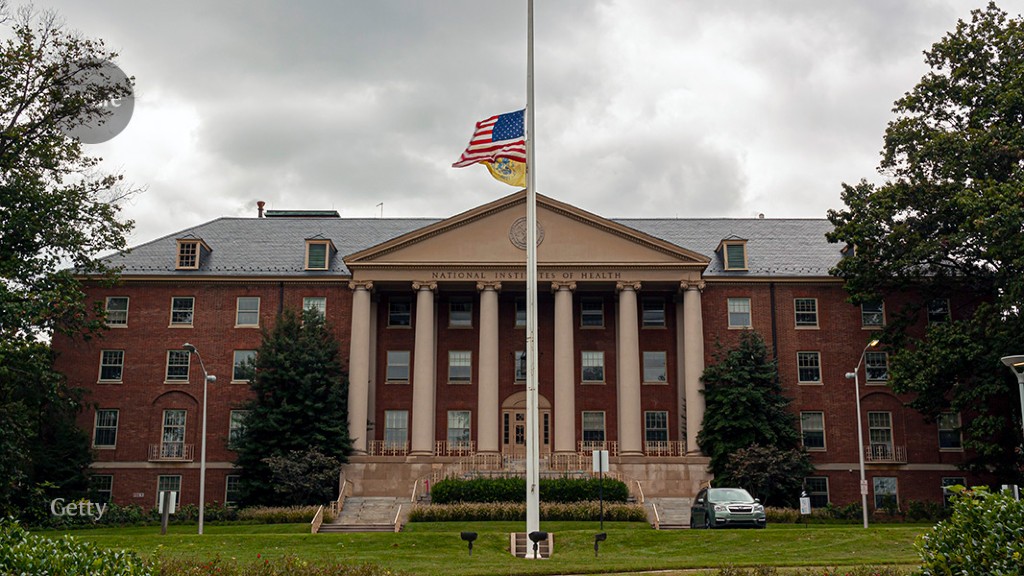
US Extends Science and Technology Agreement with China, Buying Time to Renegotiate the Deal
US Extends Science and Technology Agreement with China, Buying Time to Renegotiate the Deal
The US has extended a historic science and technology agreement (STA) with China by six months, but now needs to renegotiate the deal to mollify concerns that it aids Beijing's technological and military rise and fails to ensure a reciprocal research relationship.
White House seeks input on tightening rules for risky pathogen research
Request for comment suggests government may soften controversial proposed restrictions.
U.S.-China Tensions Could Complicate Effort to Renew Key Research Pact
U.S.-China Tensions Could Complicate Effort to Renew Key Research Pact
Rising tensions between the United States and China could derail the renewal of a 44-year-old agreement on scientific cooperation between the two countries. Last week, U.S. President Joe Biden invited China to spend the next 6 months discussing changes to the broad agreement, first signed in 1979, that enables joint research.
Congress weighs far-reaching disclosure rules for academics doing military research
House defense bill would vastly expand information that must be disclosed and posted online.
Science History: Yue Xiong's Great Leap
Yue Xiong is a microbiologist who emigrated to the United States from China to complete his doctorate in 1989. He is the chief scientific officer of pharmaceutical company Cullgen and was a professor of biochemistry and biophysics at University of North Carolina at Chapel Hill. This article follows Yue Xiong’s quest for education and is based on an interview from the Science History Institute’s oral history archive conducted in 2000 by historian William Van Benschoten.

United States to End Race-Based University Admissions: What Now for Diversity in Science?
United States to End Race-Based University Admissions: What Now for Diversity in Science?
The US Supreme Court has struck down colleges’ and universities’ right to use race as a factor in deciding which students they admit.
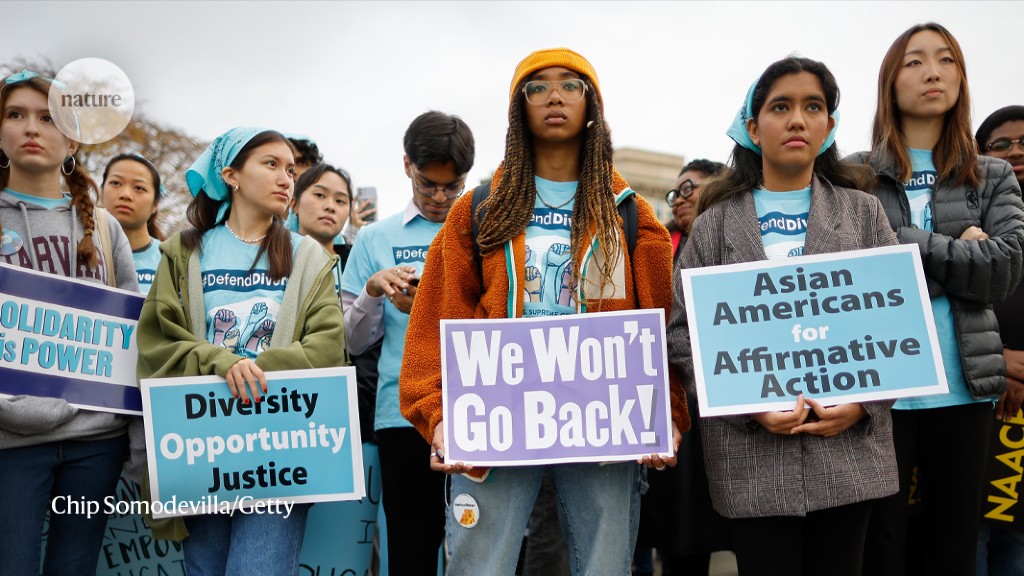
For the First Time Ever, the White House Adopts a Model Scientific Integrity Policy
United States National Science Foundation: Making the Most of the "Ethical and Societal Considerations" in the CHIPS and Science Act
EU and US Hatch Transatlantic Plan to Rein in ChatGPT
China Overtakes United States on Contribution to Research in Nature Index
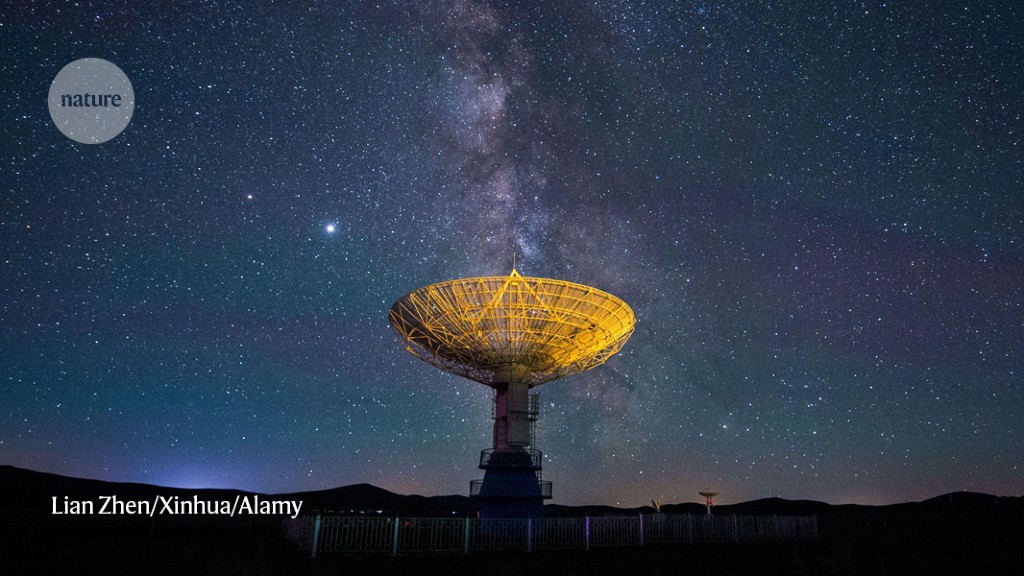
'Why Aren't You Taking Care of Us?' - Why Long COVID Patients Struggle for Solutions
'Why Aren't You Taking Care of Us?' - Why Long COVID Patients Struggle for Solutions

The Precarious Balance Between Research Openness and Security
The Precarious Balance Between Research Openness and Security
Amid increasing competition and conflict with countries such as China, calls to restrict international scientific cooperation overlook benefits to the United States.

China - Not The US - Is Now The Global Leader In Science & Tech
The United States and its Western neighbors are gradually losing ground to China in the race to develop advanced technologies and attract top talent.
